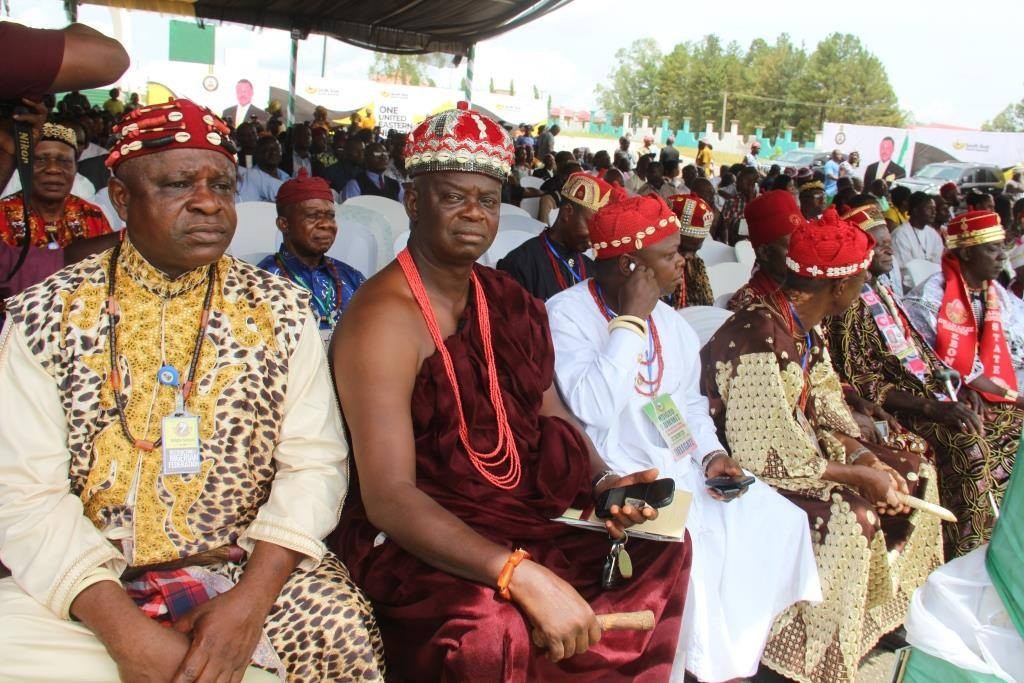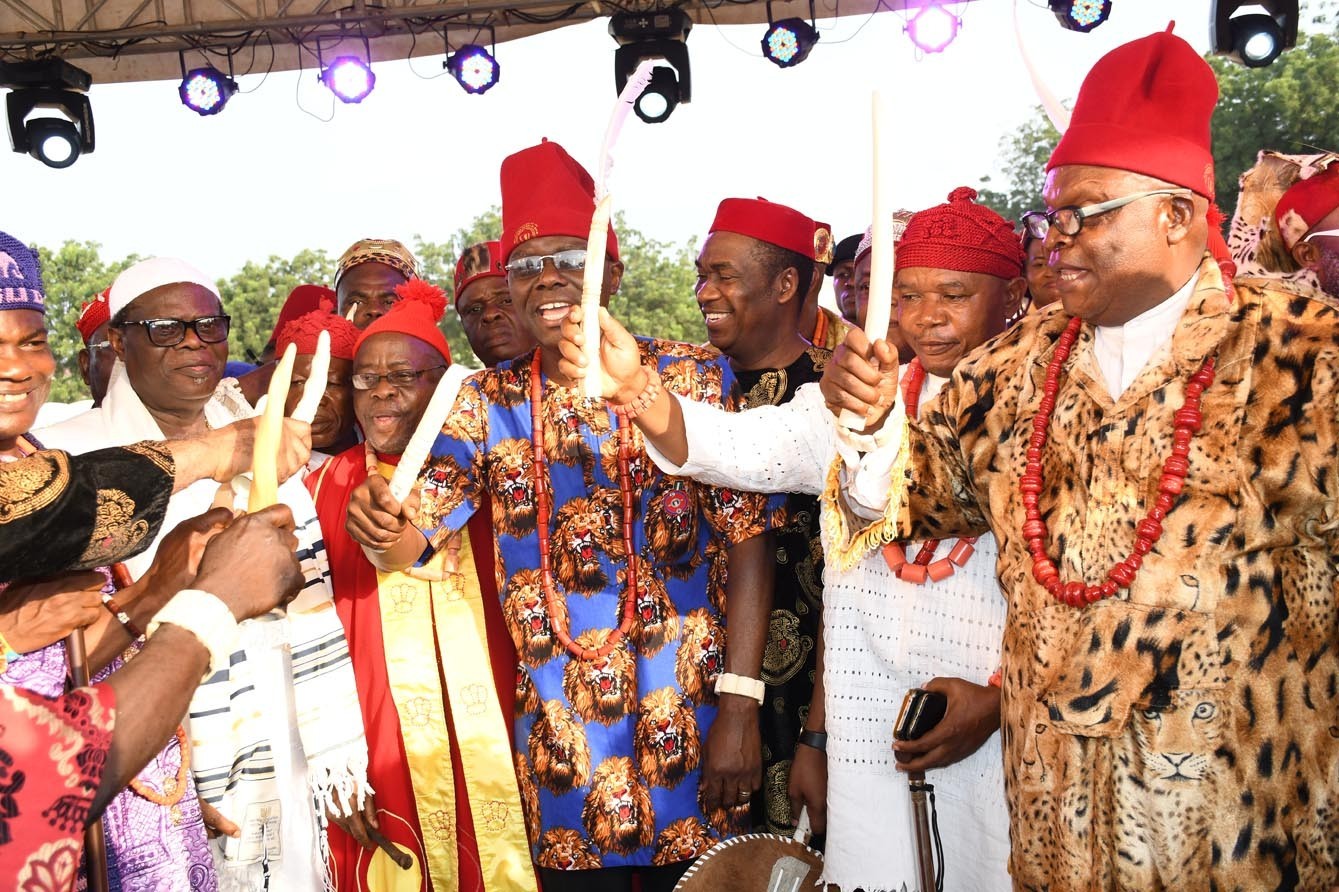Different Types of Ethnic Group Among the Igbo People
- 21 Nov, 2023
- 3861 views
The Igbo people, a diverse ethnic group in Nigeria, are traditionally organized into various subgroups, each with its distinct dialects, customs, and sometimes geographical locations. Some of the prominent Igbo subgroups include:
Onitsha Igbo:
Residents of the city of Onitsha and its surrounding areas, known for their vibrant commercial activities and cultural contributions.
Enuani Igbo:
Enuani, also called Delta Igbo, represents the Igbo people residing in the Delta State of Nigeria. They have linguistic and cultural variations compared to other Igbo subgroups.
Ngwa Igbo:
The Ngwa people primarily inhabit the Ngwa region in Abia State. They have unique cultural practices and historical backgrounds.
Owerri Igbo:
Owerri, the capital city of Imo State, is home to the Owerri Igbo. They contribute significantly to the cultural and economic life of the region.
Nri-Igbo:
The Nri people, associated with the ancient Kingdom of Nri, are recognized for their historical and spiritual significance in Igbo culture. The town of Nri is often considered the spiritual center of the Igbo people.
Ika Igbo:
The Ika people reside in the northern part of Delta State. They have their own dialect and cultural practices that distinguish them from other Igbo subgroups.
Ibibio-Igbo:
The Ibibio people, though distinct from the Igbo, share some cultural similarities and are sometimes considered as a subgroup due to historical interactions.
It's important to note that while these subgroups exist, the Igbo people as a whole share common cultural elements, language, and historical ties. The diversity among Igbo subgroups adds richness to the overall tapestry of Igbo culture.

It's important to note that while these subgroups exist, the Igbo people as a whole share common cultural elements, language, and historical ties. The diversity among Igbo subgroups adds richness to the overall tapestry of Igbo culture.
- Category:
- Arts & Culture
- Oganisation:
- Anambra Cultural Troupe.
- Writer:
- Peter Zion
- No comments



